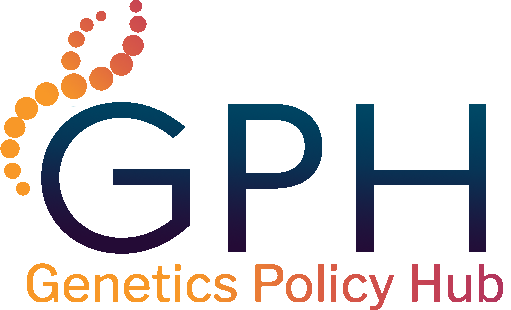From 2004 to 2024, the Health Resources and Services Administration (HRSA) funded the National Coordinating Center for the Regional Genetics Networks (NCC). NCC developed and maintained the Genetics Policy Hub.
With the conclusion of NCC funding, the Genetics Policy Hub (GPH) will no longer be updated or maintained. Information on GPH should be used for historical reference only.
Newborn Screening
Updated On Sep 19, 2024
This information is meant to be used for educational purposes to inform providers, patients, and genetic service delivery stakeholders about genetics policy topics. Sharing of information, resources, or policy statements is no way an endorsement of stated positions by NCC.
Introduction
Newborn screening is a public health program administered by each state to identify specific health conditions soon after birth. Nearly 4 million babies are screened every year using the blood spot test for a range of serious conditions that once identified can be treated or provided intervention by healthcare providers, sometimes changing the entire trajectory of the disease or condition’s prognosis and associated comorbidities.
In general, newborn screening is intended to test babies for conditions that are not readily apparent at birth, can seriously affect health, and are treatable or have some form of intervention possible. Thus, there are debates over which conditions are appropriate for newborn screening.
Other policies that are debated in the realm of newborn screening include:
- What to do with the dried blood spots: Some believe that once the newborn screen is done, these should be destroyed. Others believe that these are valuable future resources, which may benefit the individual (i.e., testing for a disease in the future) or society (i.e., large scale research could be done on these blood spots). (For more information, see this article.)
- Emergency preparedness: When there are crises, what obligations does a state have toward newborn screening? Some have argued that during emergencies, such as Hurricane Katrina or COVID-19, standards of care can be relaxed. Some examples include:
- If a baby is in a hospital that is flooded due to a weather emergency, can the staff have more time to obtain a blood spot? If the baby has an illness that would have been detected and delays in obtaining a blood spot led to delays in treatment which harm the baby, is there blame or financial compensation?
- During COVID-19, when states were issuing orders that hospitals only provide essential services, is newborn screening an essential service? Most states collect a sample at birth within 24-28 hours of birth and a second sample 1-2 weeks later. Should parents, with babies that appear healthy, come to the hospital 1-2 weeks later for the second sample? Can parents choose to isolate and not have the screen?
For more information on this topic, please see this paper which describes best practices and contingency plans for newborn screening and other genetic services in emergent situations.
Legislation and Regulation
As newborn screening is a state-based program, each state determines which conditions are screened for, how the screen is paid for, and how follow-up and treatment is handled. For more information on newborn screening in your state, visit the Health Resources & Services Administration (HRSA) Newborn Screening website or Baby’s First Test.
Are you interested in learning what your state’s government or the federal government are currently proposing for either legislation or regulation? Check out Legislative/Tracking system for up-to-date information and subscribe to our Twitter channel to get the latest updates in your pocket.
Policy Positions
Organizations working within the genetics community (national genetic organizations, advocacy organizations, etc.) have published positions on newborn screening. Explore these position statements below.

